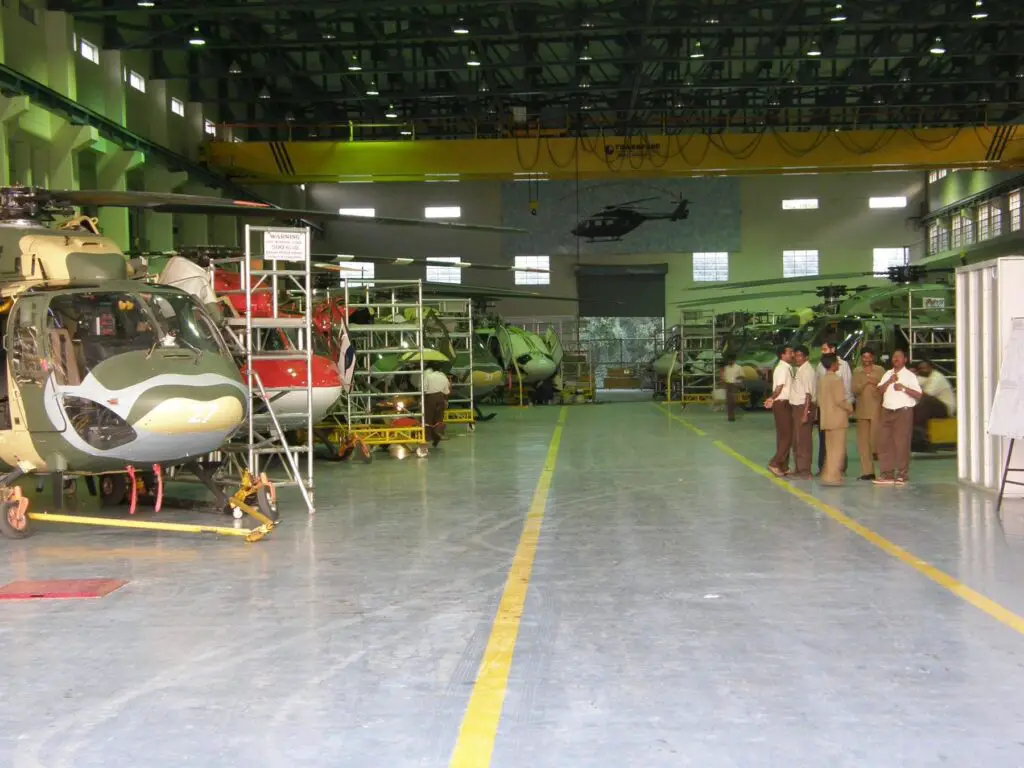Are you considering pursuing a career in music production, but unsure whether to go to school for it? While formal education can provide valuable skills and knowledge, it may not be the right choice for everyone. In this blog post, we’ll explore the pros and cons of going to school for music production, so you can make an informed decision about your future in this exciting field. From job prospects to networking opportunities, we’ll cover all the factors you should consider before investing your time and money into a degree program. So sit back, grab your headphones, and let’s dive into the world of music production education.
Table of Contents
The Benefits of Going to School for Music Production: A Detailed Look
Going to school for music production can provide aspiring producers with a solid foundation in the technical and creative aspects of music production. Students can learn about music theory, audio engineering, mixing and mastering techniques, and software applications used in the industry.
One of the biggest benefits of attending school for music production is the opportunity to network with industry professionals and other like-minded individuals. Many schools offer internships or job placement programs that can help students gain real-world experience and make valuable connections.
However, it’s important to note that a degree in music production is not a guarantee of success in the industry. It’s still up to the individual to develop their skills, build their portfolio, and make connections in order to succeed. Additionally, the cost of tuition and other expenses associated with attending school can be a significant investment.
Overall, going to school for music production can be a great way to gain knowledge and experience in the field, but it’s important to weigh the pros and cons before making a decision.

Is a Degree in Music Production Worth the Investment? Pros and Cons Explained
Attending school for music production can be a great investment in your future, but it’s important to weigh the pros and cons before making any decisions. On the pro side, getting a degree or certification in music production can give you access to specialized knowledge and hands-on experience working with industry-standard equipment. You may also have opportunities to network with other professionals and get your foot in the door at top recording studios.
However, there are some potential downsides as well. One of the biggest is cost – many schools that offer degrees or certifications in music production can be expensive, so it’s important to consider whether you’ll be able to recoup that investment through better job prospects after graduation. Additionally, while attending school for music production will certainly equip you with technical skills and creative know-how when it comes how make interesting sounds come out of speakers,it won’t necessarily guarantee success – breaking into this competitive field still requires persistence, hard work, and a bit of luck.
Ultimately whether going to school works for someone depends on their individual goals – if someone values formal education over independent study then they might find more value here than otherwise possible.The decision about whether or not pursuing an education in music production is worth it should be made only after careful consideration of all options available .
What You Can Learn from Attending School for Music Production
Attending school for music production can offer valuable knowledge and skills to aspiring producers. Through structured coursework, students can gain a solid foundation in audio engineering techniques, recording software proficiency, and music theory fundamentals.
One of the main benefits of attending school is access to industry-standard equipment and technology that may not be readily available outside a classroom setting. This hands-on experience allows students to experiment with different types of gear and software under the guidance of experienced mentors.
Another advantage is networking opportunities with fellow musicians and industry professionals. Collaborating on projects or participating in internships through the school’s connections can help open doors in the highly competitive music industry.
However, it’s important to note that obtaining a degree or certificate does not guarantee success in this field, as much of it relies on talent, dedication, and hard work. Additionally, the cost of tuition may also be a factor for some individuals.
Overall, attending school for music production can provide invaluable skills and experiences that cannot be gained through self-teaching alone. But whether or not it’s worth the investment depends on individual circumstances and goals within the industry.

Considering School for Music Production? Here’s what you Need to Know
The Benefits of Going to School for Music Production
Attending school for music production can provide numerous benefits such as gaining technical skills and honing your creativity. With access to high-quality equipment, hands-on experience, and guidance from industry professionals, you’ll be able to create polished tracks that stand out from the crowd. Additionally, networking opportunities with fellow musicians and producers can lead to valuable connections in the industry. However, it’s important to note that obtaining a degree in music production may not necessarily guarantee job security or success in the field. It ultimately comes down to how well you apply what you’ve learned and your ability to continuously improve your craft.
The Drawbacks of Pursuing a Degree in Music Production
While going to school for music production can be beneficial, there are also drawbacks to consider. One major concern is the cost of tuition and supplies which can lead to significant debt after graduation. Additionally, some argue that hands-on experience through internships or apprenticeships may be more valuable than formal education. Another drawback is the competitive nature of the industry, making it difficult for graduates to secure jobs immediately after graduation. It’s important to weigh the potential benefits against these challenges before deciding whether pursuing a degree in music production is the best option for you.
Alternatives to Traditional Music Production Education
There are alternatives to traditional music production education that may be worth considering. Online courses and tutorials can provide valuable information and skills at a lower cost than attending a physical institution. Additionally, internships or apprenticeships with established professionals in the industry can offer hands-on experience and networking opportunities. It’s important to remember that while formal education can be beneficial, it is not the only path to success in music production. Ultimately, what matters most is skill and experience in producing quality music.
How to Make the Most of Your Music Production Education
To make the most of your music production education, take advantage of all resources available including internships, networking opportunities and hands-on experience. Keep up to date with new technology and trends in the industry by attending workshops and conferences. Build relationships with mentors who can provide guidance throughout your career. Be open-minded about different genres of music and learn from experienced professionals as much as possible. Utilize software programs such as Pro Tools, Logic or Ableton Live to improve technical skills relevant to audio engineering. Ultimately, it’s up to you how much effort you put into your education, but taking a proactive approach will give you a competitive edge in the job market after graduation.
Debunking Myths about Getting an Education in Music Production
Getting an education in music production is often surrounded by myths and misconceptions. One of the most common is that you don’t need a degree to be successful in the industry. While it’s true that many successful producers didn’t attend school, having a degree can give you an edge over the competition.
Another myth is that attending school for music production is a waste of time and money. However, this couldn’t be further from the truth. A good music production program will teach you everything from audio engineering to music theory, giving you a well-rounded education that can help you succeed in a variety of roles within the industry.
It’s important to remember that getting an education in music production isn’t just about learning technical skills. It’s also about building connections and gaining hands-on experience through internships and other opportunities. So, if you’re passionate about music production and willing to put in the work, attending school could be a great way to jumpstart your career.
In conclusion, attending school for music production can be a great way to gain knowledge and develop skills that are essential in the field. However, it’s important to weigh the pros and cons before making this investment as there are alternative routes such as online courses or self-learning that might suit your needs better. Regardless of which path you choose, always remember that dedication and hard work are the keys to success in any creative endeavor.
We hope this article has been informative and helpful to those considering pursuing an education in music production. We encourage you to check out our other content on related topics such as audio engineering, live sound design, music business management, and more! Keep learning and creating amazing sounds!


